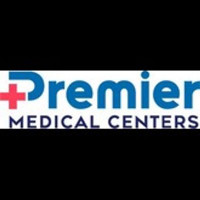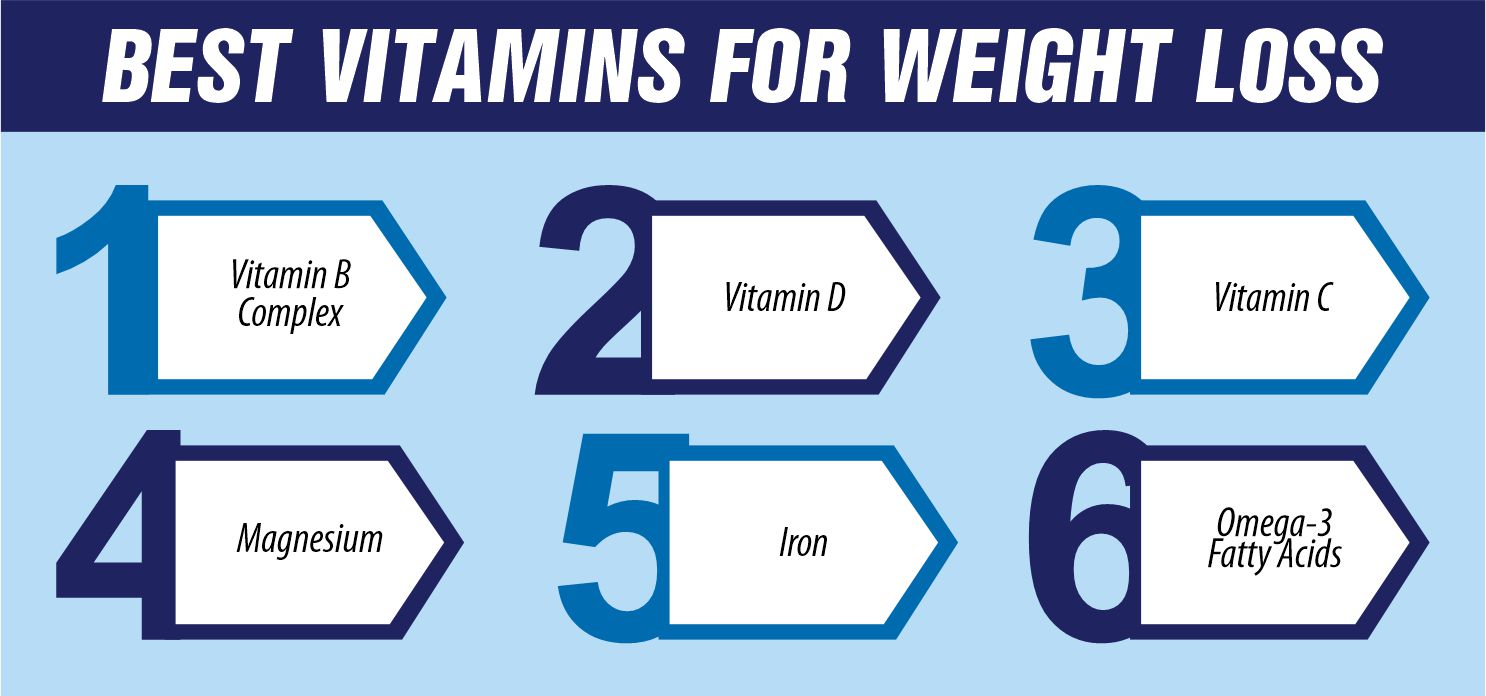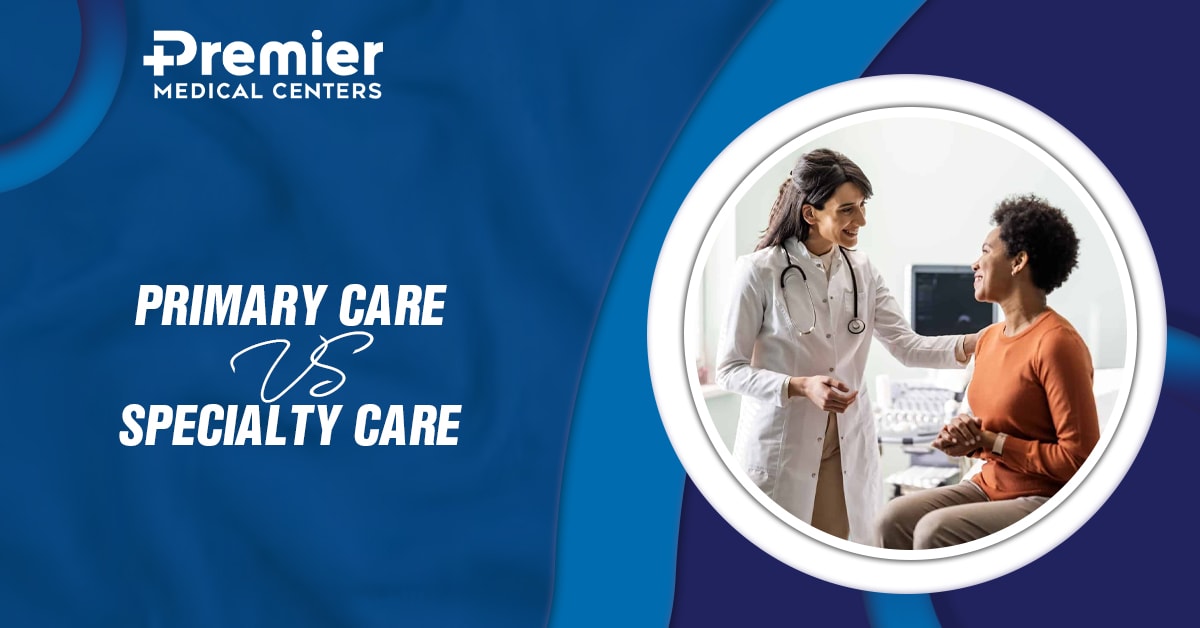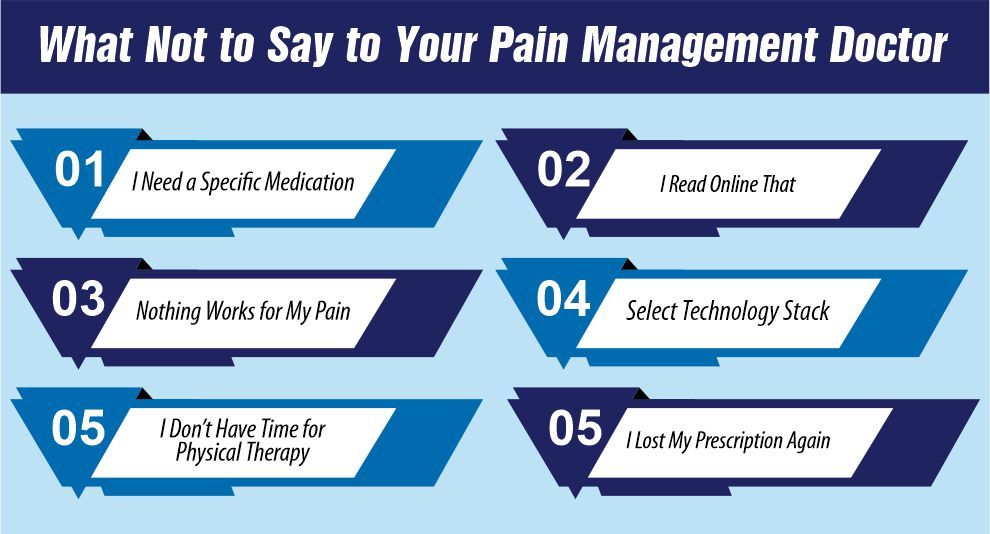How Do Medical Screenings Help Promote Good Health?
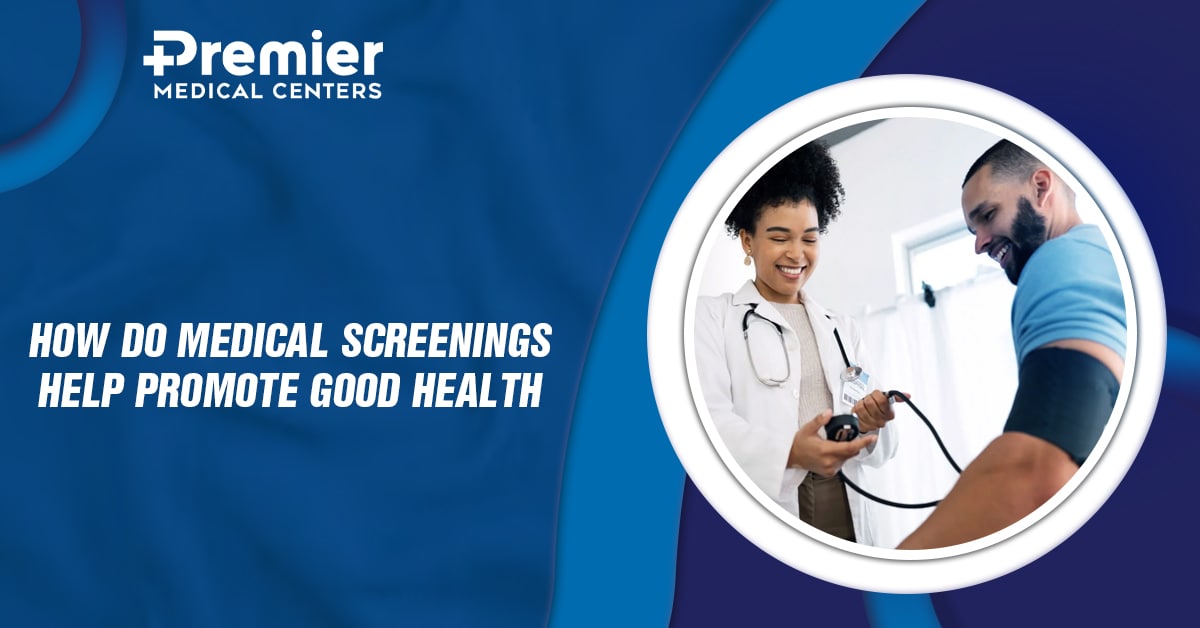
Strong 8k brings an ultra-HD IPTV experience to your living room and your pocket.
In our fast-paced world, it’s easy to let health take a back seat until a problem arises. But by the time symptoms appear, a condition might already be in an advanced stage. This is where medical screenings come in — proactive health checks that can identify risks and conditions before they become serious. But what exactly are medical screenings, and how do they help promote good health?
Understanding Medical Screenings
Medical screenings are tests or examinations used to detect potential health disorders or diseases in people who do not yet have symptoms. These screenings are often age-specific, gender-specific, or tailored to personal risk factors such as family history, lifestyle habits, or environmental exposures. Common screenings include:
Blood pressure checks
Cholesterol tests
Cancer screenings (like mammograms, Pap smears, colonoscopies)
Blood glucose tests for diabetes
Bone density scans
STD screenings
The purpose of these tests isn’t to diagnose, but rather to flag potential issues early, often before symptoms appear.
The Power of Early Detection
One of the most important benefits of medical screenings is early detection. Identifying a disease in its early stages usually means more treatment options, better outcomes, and often less aggressive therapies. For example:
Cancer: Detecting breast, cervical, or colorectal cancer early through routine screenings significantly increases the survival rate.
Diabetes: Early identification of prediabetes through blood sugar tests allows individuals to make lifestyle changes that can prevent full-blown diabetes.
Hypertension and Heart Disease: Regular monitoring of blood pressure and cholesterol can alert you to cardiovascular risk long before a heart attack or stroke occurs.
By catching these red flags early, patients and healthcare providers can intervene sooner, potentially reversing or slowing the progression of disease.
Promoting Preventive Health
Screenings are a core part of preventive medicine, which focuses on maintaining wellness rather than just treating illness. Think of it like routine maintenance on a car — regular oil changes and inspections keep everything running smoothly and prevent breakdowns.
When people regularly get screened:
They're more likely to be aware of their health status.
They’re more engaged in managing risk factors like diet, smoking, exercise, and alcohol consumption.
They’re more likely to follow through with medical advice, including taking prescribed medications or scheduling necessary follow-up appointments.
This proactive approach leads to healthier lifestyles and lower healthcare costs in the long run.
Reducing the Burden on Healthcare Systems
Another often-overlooked benefit is how screenings help reduce the burden on healthcare systems. When diseases are caught early:
They’re less expensive to treat.
They often require less time in hospitals or clinics.
They reduce emergency room visits and intensive interventions.
For example, treating early-stage cervical cancer costs far less than managing an advanced case requiring surgery, chemotherapy, or long-term care.
Public health systems encourage screenings not only to improve population health, but also to reduce strain on medical resources.
Empowering Individuals
Medical screenings also play a vital role in empowering individuals to take control of their own health. Knowing your numbers — like your blood pressure, cholesterol, or blood sugar — gives you a baseline to work from. It encourages informed decision-making about diet, activity level, and lifestyle habits.
Moreover, it builds a habit of routine check-ups and open communication with healthcare providers. This leads to stronger doctor-patient relationships, which are key to long-term health outcomes.
Adressing Health Inequities
Medical screenings can also help address health disparities by ensuring vulnerable populations have access to early detection tools. Mobile screening units, community health fairs, and insurance-covered wellness visits make it easier for underserved communities to access vital health checks.
By making screenings more accessible, we can help close the gap in outcomes caused by socioeconomic status, geography, or education level.
Conclusion
So, how do medical screenings help promote good health? In short, they’re a powerful tool in maintaining well-being, catching problems early, guiding lifestyle changes, and ultimately saving lives. Rather than waiting for illness to strike, screenings offer a roadmap for staying ahead of the curve.
Note: IndiBlogHub features both user-submitted and editorial content. We do not verify third-party contributions. Read our Disclaimer and Privacy Policyfor details.

